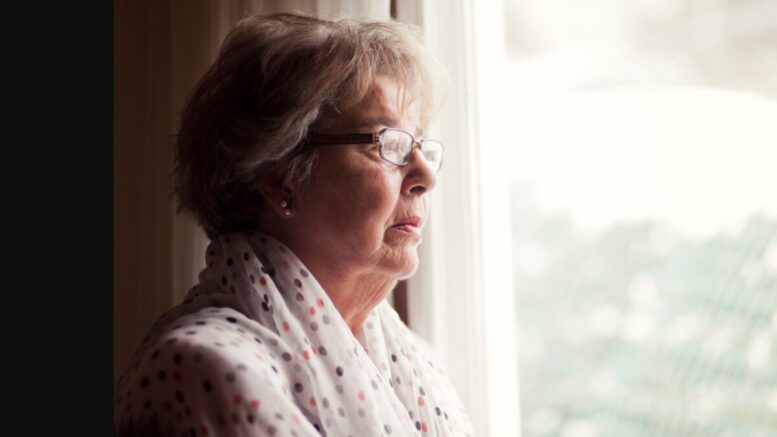Leaving a loved one in nursing home care is a big decision. While you have peace of mind about professional out-of-home care for the senior, there is always a risk of abuse or neglect. Many nursing homes go the extra mile to look after their residents, but some provide only substandard care. The worst part is that your loved one may not be in a position to speak about the abuse or neglect. Some fail to report the incidents because of medical conditions like dementia, while others are too scared to speak up.
However, it is your responsibility to ensure that your loved one is in safe hands. When you see the signs of abuse, do not hesitate to file a complaint against the care facility. Whether it is a single incident or repetitive episodes, you have the legal right to hold the providers accountable for the act. Proving your allegations may be challenging. But the effort is worthwhile when it comes to seeking justice for your loved one. Here are some tips from legal experts to help.
Keep track of the signs of abuse
Moving your parent to a facility for long-term care does not mark the end of your responsibility. You may choose a nursing home after due diligence, but you should not rely on them to do the best. Examine the quality of care your family member gets after they move in. It is crucial to know the hidden signs of abuse or neglect so that you can identify them. Your relative may not report the incidents, so give attention to visible and subtle clues. Bruises, cuts, lacerations, or broken bones are red flags to look out for. At times, your loved one may sustain frequent injuries without explanation from the nursing home staff. The subtle signs of abuse include dehydration or malnutrition, weight loss, and unexplained mood changes. The resident may appear uneasy around caregivers or withdraw from activities they once enjoyed.
Obtain the medical records of your loved one
If the nursing home runs a Medicaid program, you can get the medical records of your relative. Check them thoroughly to look for inconsistencies as they can go a long way in establishing abuse or neglect. It is best to hire a nursing home abuse attorney at this stage because they can detect anomalies you may overlook. These include records on unnecessary use of medications and treatments or unexplained injuries. Further, medical records can show periods of abuse, including treatments for injuries, bedsores, dehydration and malnutrition, and complications associated with substandard care.

Pull records of past inspections and licenses
Although you must take this step before moving your loved one to senior care, do it if you notice signs of abuse. Past inspections and citations may go a long way in proving a record of violations of state requirements. Also, find more about the past complaints by other residents to prove substandard care for the residents. Bad history can serve as a strong piece of evidence in court. Likewise, check whether the facility has a license because some homes advertise their services even without being licensed. An attorney can help you pull these records for consolidating your case.
Get photographs of suspected abuse
Photographs can strengthen your case significantly as they add a visual impact to your statements. Take pictures of injuries or medical problems of your loved one. Someone with dementia may not be able to narrate the abuse, but pictures are enough to speak a thousand words. Likewise, you may use the photos of the living situation of the residents to substantiate your claims. Get photographs of unsafe premises and soiled bedding to prove the negligence of the caregivers and management.
Add witness statements
Adding witness statements to the evidence takes you a step closer to building a strong case against the nursing home. If the facility is negligent about caring for the residents, it is easy to find witnesses to add value to your claims. These may include other residents and their family members. Consider convincing the employees of the facility to report the wrongdoings in court. Witness statements can play a crucial role in getting a verdict in your favor.
Proving nursing home abuse may be daunting, even more, if the victim cannot report the incidents. Moreover, you can expect to encounter challenges like red tapes down the line. Not surprisingly, countless incidents go unreported and unchecked. But every resident deserves the best care they pay for. A seasoned lawyer can help you get through these roadblocks and ensure justice for your loved one.
